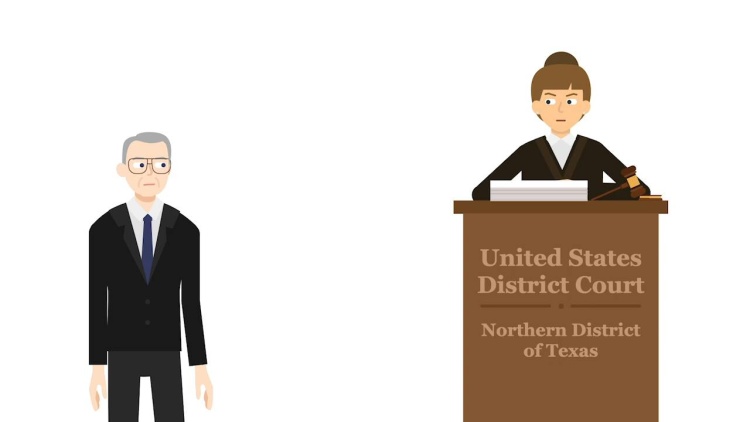Texas Department of Housing and Community Affairs v. Inclusive Communities Project, Inc.
United States Supreme Court
135 S.Ct. 2507, 576 U.S. 519 (2015)
- Written by Sheri Dennis, JD
Facts
The Texas Department of Housing and Community Affairs (department) (defendant) was a state agency that distributed federal tax credits to developers to build low-income housing. The department determined which developers would be distributed credits based on specific selection criteria that the department had established. The Inclusive Communities Project, Inc. (ICP) (plaintiff) was a nonprofit corporation that aided low-income families in obtaining housing. ICP claimed that the department’s selection criteria had resulted in a disproportionately high allocation of tax credits to predominantly Black neighborhoods as compared to White neighborhoods. ICP argued that the department’s conduct was unlawful in that it created a disparate impact on Black neighborhoods. ICP sued the department for violating provisions of the Fair Housing Act (act), 42 U.S.C. § 3601 et seq. Specifically, ICP claimed that the department had violated 42 U.S.C. § 3604(a), which prohibited an entity from otherwise making a dwelling unavailable to a person because of the person’s race, color, or national origin. ICP also alleged that the department had violated 42 U.S.C. § 3605(a), which similarly prohibited an entity involved in real estate transactions from discriminating against a person because of race, color, or national origin. The district court found in favor of ICP, and the department appealed. The court of appeals held that disparate-impact claims were cognizable under the act but reversed and remanded the case on the merits. The United States Supreme Court granted certiorari to consider the question of whether disparate-impact claims were cognizable under the act.
Rule of Law
Issue
Holding and Reasoning (Kennedy, J.)
Dissent (Alito, J.)
What to do next…
Here's why 907,000 law students have relied on our case briefs:
- Written by law professors and practitioners, not other law students. 47,100 briefs, keyed to 996 casebooks. Top-notch customer support.
- The right amount of information, includes the facts, issues, rule of law, holding and reasoning, and any concurrences and dissents.
- Access in your classes, works on your mobile and tablet. Massive library of related video lessons and high quality multiple-choice questions.
- Easy to use, uniform format for every case brief. Written in plain English, not in legalese. Our briefs summarize and simplify; they don’t just repeat the court’s language.





